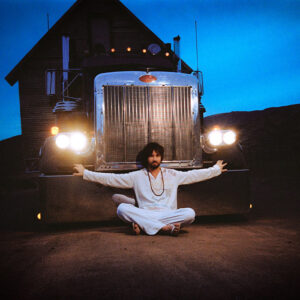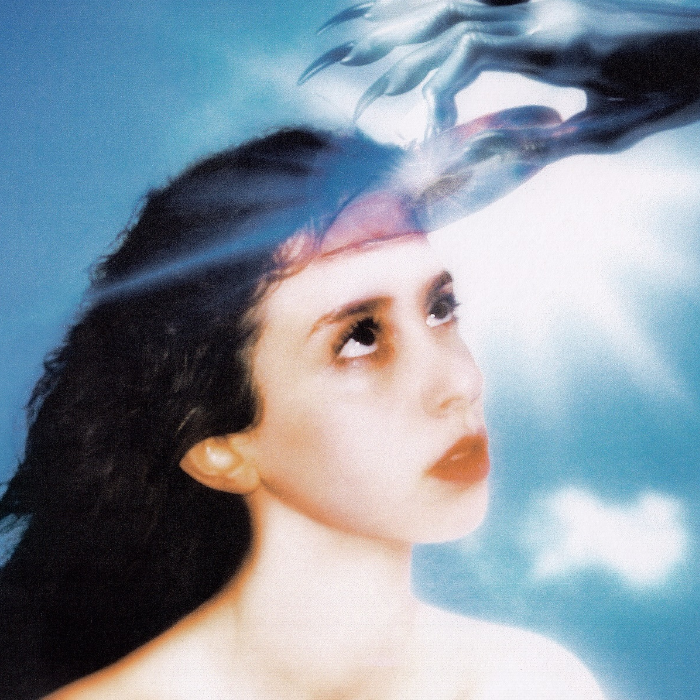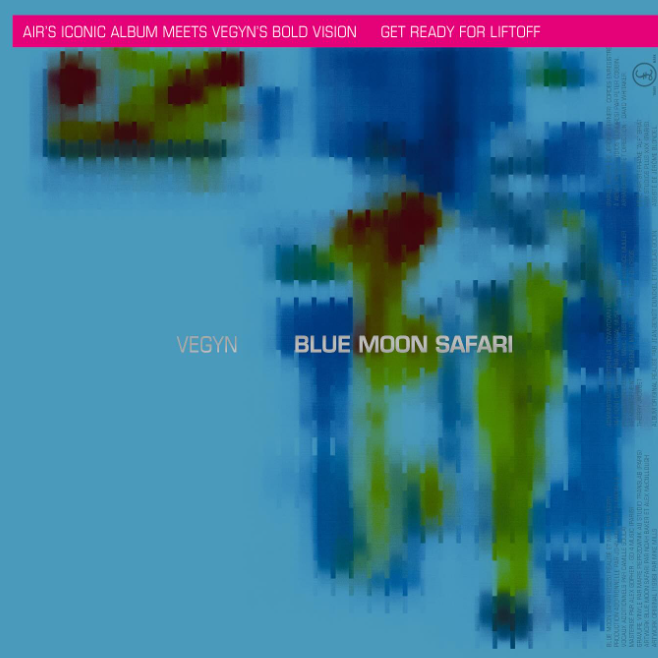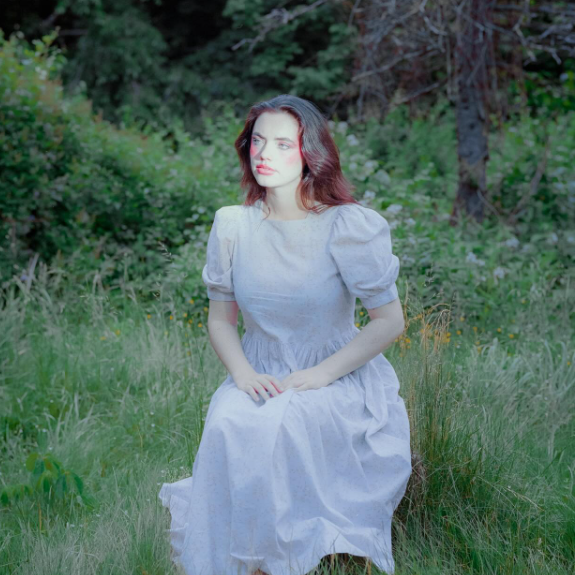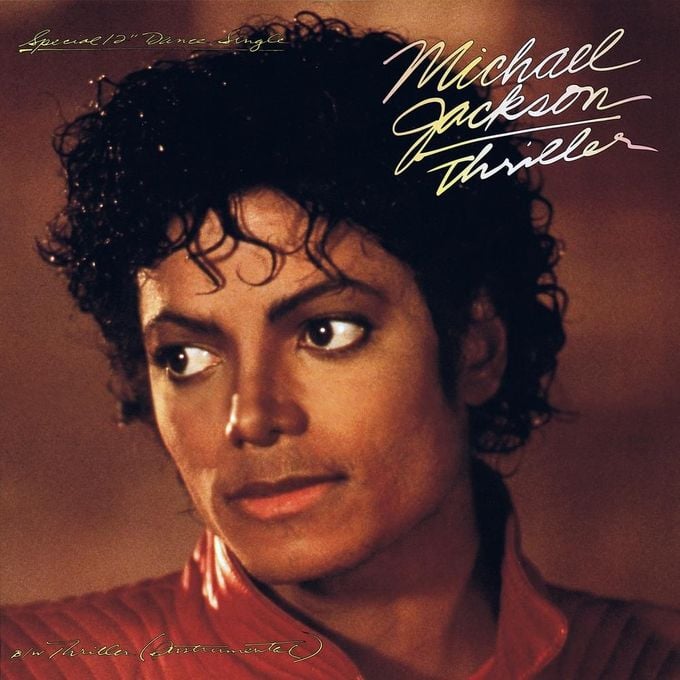More than any other side of the music industry, R&B has a knack for birthing mystifying, clouded cult heroes. Be it Jai Paul or Frank Ocean (truly the best example of this phenomenon), singers in the genre seem to have a higher-than-average proclivity for quality-over-quantity projects that are as highly anticipated as they are sparse. Enter Sampha, another artist in that pantheon who has developed something of a Midas touch in the past decade, whether it’s on his collaborations with the likes of Drake and Ye (“Too Much” and “Saint Pablo,” respectively), or in his own solo work. His debut, and up until recently, only studio album, Process, was lauded as one of the best R&B albums of the 2010s, and earned the prestigious Mercury Prize in 2017.
The Long Road That Preceded Sampha’s Lahai
Since the release of that project, the UK singer has increasingly crept into the spotlight, popping up in spot appearances across the industry more frequently as the years have drawn on. His resume of collaborators has grown to include Alicia Keys, Kendrick Lamar, Solange, and earlier this year, Travis Scott on his UTOPIA album.
So, if the huge success of Process didn’t already garner enough anticipation for Sampha’s follow-up effort among his core audience, he introduced himself to a wider group in the years between. Cue “Spirit 2.0,” a single dropped back in June that marked his first solo release in over 6 years. While speculation followed that an album might be in play, it took until August for official confirmation, and then until this past Friday for it to see the light of day.
Sampha Continues to Question His Own Place
The title for Lahai is deeply seeped in Sampha’s own family history—it is both his grandfather’s given name and the singer’s middle name. As you work your way through this 14-track effort, that familial theme rears its head time and time again. A key moment comes in the last four lines of his verse on “Satellite Business,” a mantra-like refrain where he asserts, “through the eyes of my child I can see an inner-vision / through the eyes of my child I can see you in my vision.”
Similarly, on “Only:” “Careerism pothole, like ‘Where’d my love ones go?'” These are two of the more clear-cut examples, as Sampha’s lyrical style rarely lends itself to such straightforward references. Instead, he bounces between the most gaudy of imagery and the most ordinary of ground-level minutiae. Take the opening of the aforementioned “Spirit 2.0,” where he sings, “Two bodies on this mattress / Save me as it sinks / Automatic self-protection / Like airbags in my limbs.”
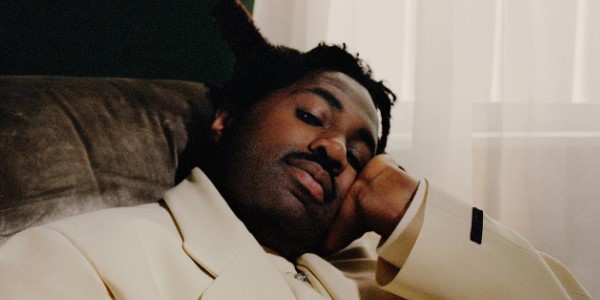
One of the things that has always made Sampha’s music so personally compelling is his knack for maintaining that balance—referencing the uncertainties of everyday life with the same ease he ponders its biggest questions. “What If You Hypnotize Me,” which features the only credited guest appearance on the project, tackles just that, chiefly, in its bridge, where Sampha ponders:
“Is it that I need some love, love of the selfish kind /
Is it that I need to know what’s in the depth of mind? /
Indeed if I do find out, would I just stay confined /
Wishful thinking games, wait ’til the stars align.”
Lahai Features More Gorgeous Instrumentation
While the lyrical content and Sampha’s own contributions on Lahai are the crowning achievement of the project, it shouldn’t take away from the clear level of care that went into its musical aspects. The aforementioned “Hypnotize Me” is a perfect illustration of the blend of classical and newfound production styles. Its foundation is a sweeping piano melody, but in its latter moments, the song descends into a break-beat, electronic soundscape where Sampha’s voice is deployed as a sparse sample rather than the main focus. Though the UK singer continues to excel in more traditional and classic songwriting, the step-up in production is both notable and exceptional, and makes the project as a whole rise to the lofty expectations its predecessor established.
Speaking to Apple Music about the album, Sampha said that with Lahai, he sought to “make something that felt like animation.” The album totally delivers on that promise—it is palpably colorful and weathered by life’s ups and downs. Though one can hope that the layoff between efforts won’t be as long in the next go-around, the UK songwriter reminds that no matter how long he takes to formulate his projects, they’re always worth the wait. You can find Lahai now on all streaming platforms.




